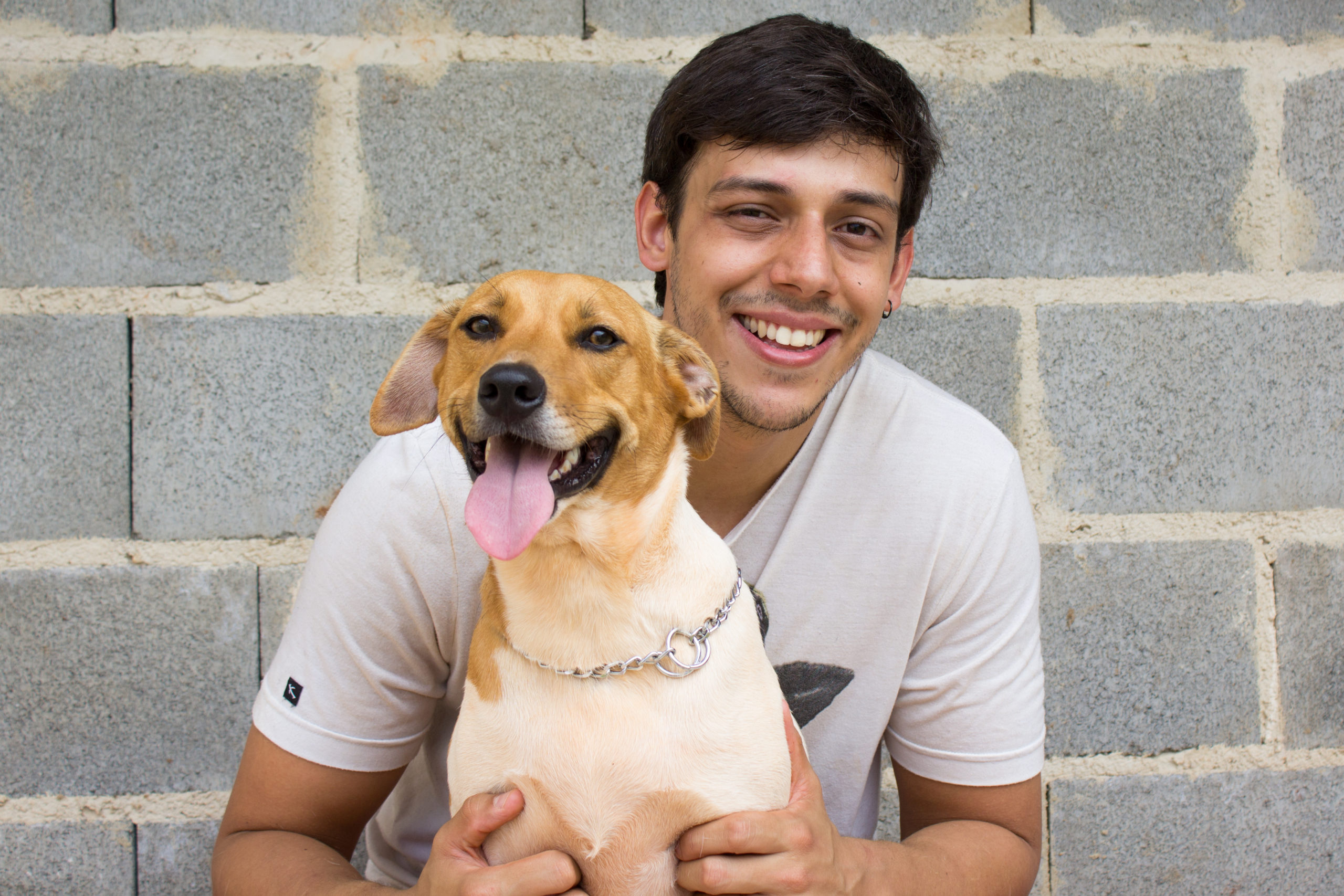If you are reading this it is because you are thinking of becoming a hero; you are ready to flex your life saving skills and be a champion for a pet in need. AWESOME!
Foster families are always needed as part of the lifesaving efforts happening in animal shelters and rescues all across the country. We encourage you to explore the world of fostering and join the tens of thousands of people making a difference for puppies and dogs in need!
While it may seem like you need a lot of experience or special talents, that’s just not true. Can you share your home with dog? Can you keep a dog safe? Can you open your heart to the love of a furry friend? PERFECT! You are qualified!

You probably have a lot of questions, and we know that it can feel overwhelming to start something new, so we’re here to help. Many people jump into dog fostering and just learn as they go. That’s honestly how most of us got into it, and now we’re seasoned veterans with all sorts of tips and tricks up our sleeves.
As veteran foster parents, we get the opportunity to share what we’ve learned with you right here, before you jump in, so we flatten your learning curve and you can hit the ground running as a successful foster caregiver.
Things to Consider Before Getting Started

The Many Benefits of Fostering

- You get to become a life-saving hero!
- You can help change the course of animal welfare
- You will feel sense of purpose
- Pets are good for your health and can help you heal
- Fostering is entertaining and fun!
- You have so many options and opportunities to learn something new!
- You will be an inspiration to your friends and family!
- You get a friend who will always listen
- You get an incredibly rewarding experience!
- The icing on the cake, you get to see your foster with a loving forever family that will love them as much as you do!
- Your home is so much better than a shelter!
- You create more space in the shelter for more pets to get a second chance!
- You learn more information about the cat to help find the right adopters and to pass along to the shelter
- Illness, injury or stress that can better be managed and cared for in a home environment – cats will stay healthier, more relaxed








